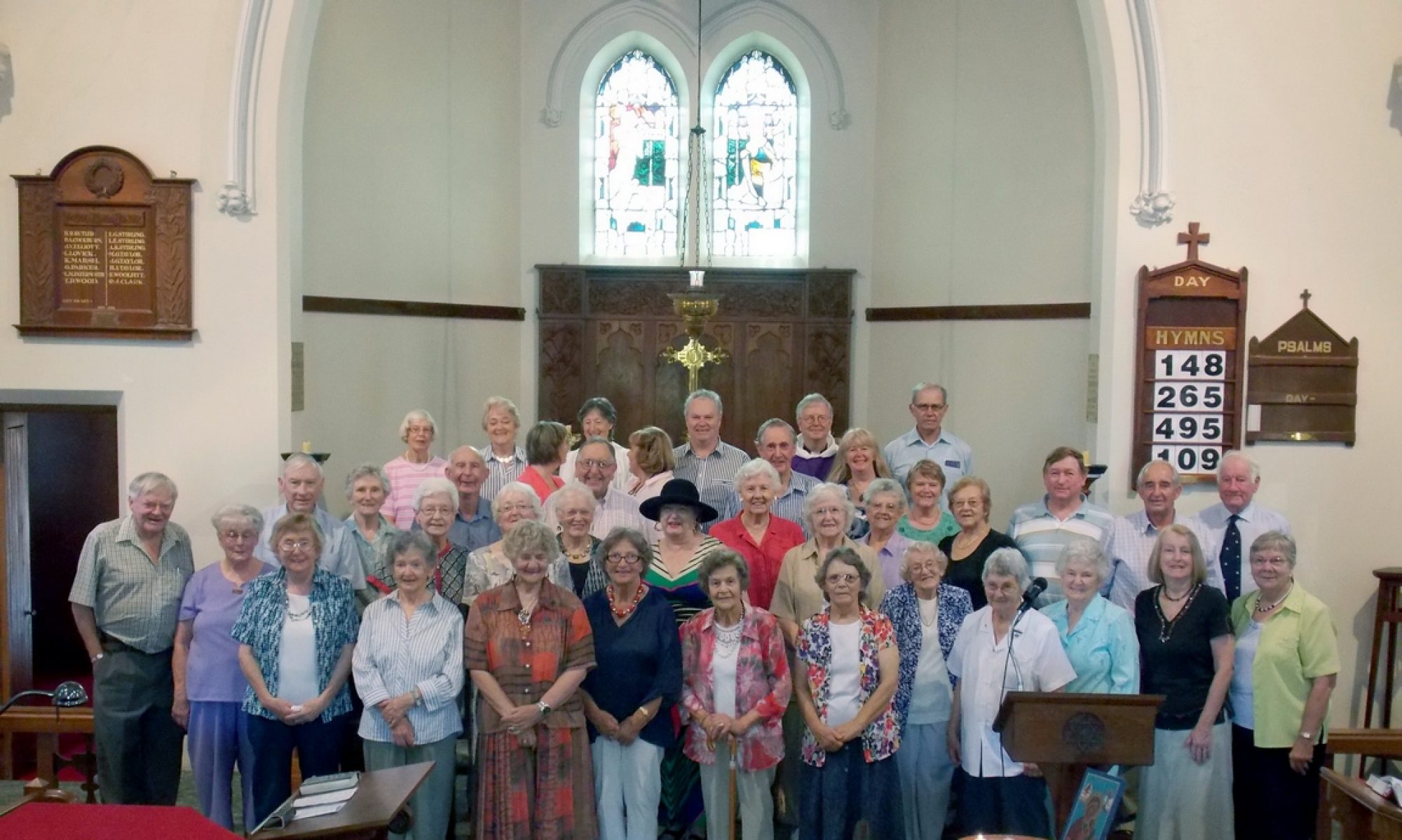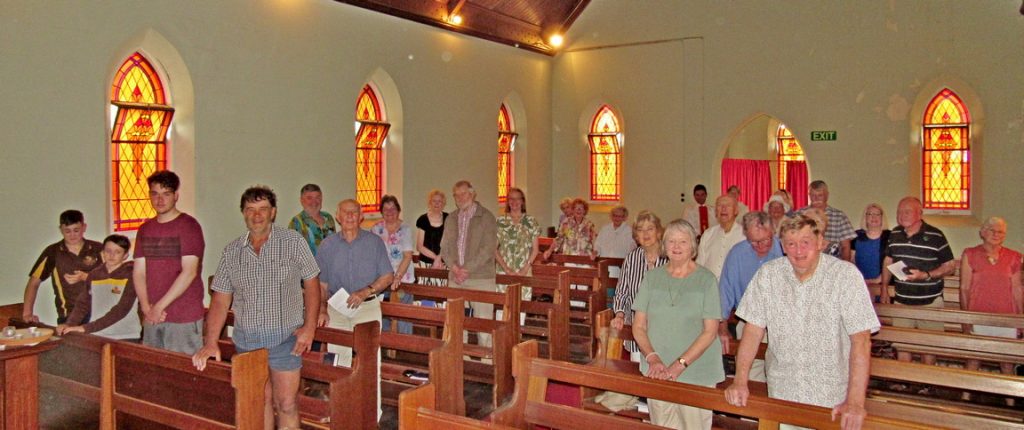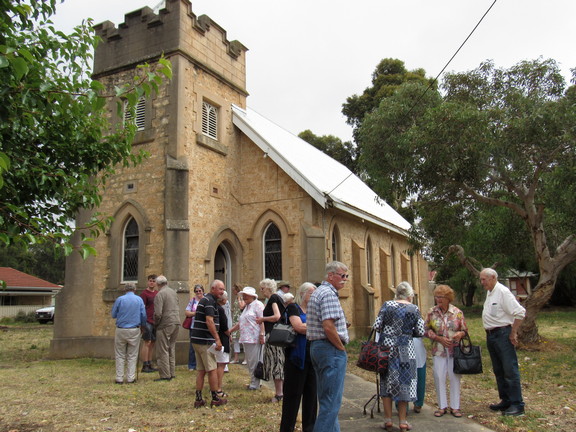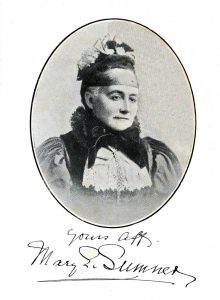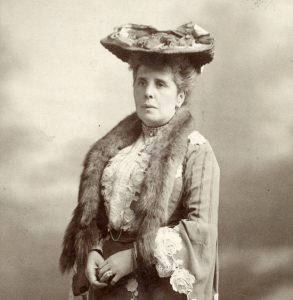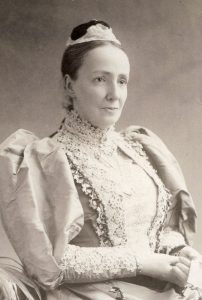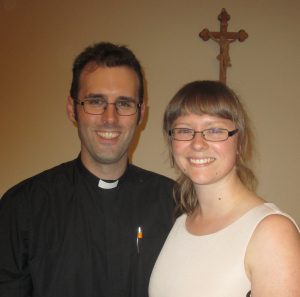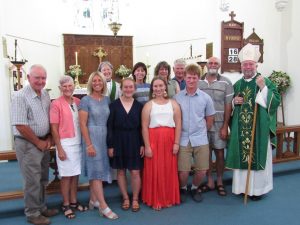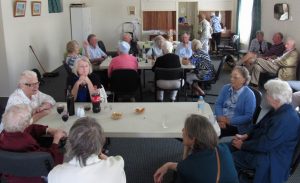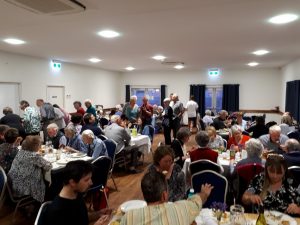Thy Kingdom Come is a global prayer movement that invites Christians around the world to pray from Ascension to Pentecost for more people to come to know Jesus.
Since its start in May 2016 God has grown Thy Kingdom Come from a dream of possibility into a movement. Christians from 172 countries have taken part in praying ‘Come Holy Spirit’, so that friends and family, neighbours and colleagues might come to faith in Jesus Christ.
This praying together has been across our diversity and differences as every person, household and church are encouraged to pray in their own way. According to our annual survey findings an astonishing percentage of people said they were praying for family and friends to come to faith in Jesus, and a significant number of people join in for the first time, we recognise there is much more we can do together to help Thy Kingdom Come be fully in the lifeblood of the Church.
During the 11 days of Thy Kingdom Come, it is hoped that everyone who takes part will:
- Deepen their own relationship with Jesus Christ
- Pray for 5 friends or family to come to faith in Jesus
- Pray for the empowerment of the Spirit that we would be effective in our witness
After the very first Ascension Day the disciples gathered with Mary, constantly devoting themselves to prayer while they waited for the outpouring of the Holy Spirit at Pentecost. Like them, our reliance on the gift of the Holy Spirit is total – on our own we can do nothing.
Through the centuries Christians have gathered at that time to pray for the coming of the Holy Spirit. ‘Thy Kingdom Come’ picks up this tradition. Over the years more and more worshipping communities have dedicated the days between Ascension and Pentecost to pray ‘Come Holy Spirit’.
We are praying that the Spirit will inspire and equip us to share the Good News of Jesus Christ with our friends and families, our communities and networks. It has been amazing how many varied ways there have been in which people from every tradition have taken up this challenge. The effects have been remarkable.
It is our prayer that those who have not yet heard the Good News of Jesus Christ and his love for the world will hear it for themselves, and respond and follow Him. Specifically, we again invite each and every Christian across the globe to pray that God’s Spirit might work in the lives of 5 friends who have not responded with their ‘Yes’ to God’s call.
Whether you have joined in ‘Thy Kingdom Come’ before or not, we invite you to take part – along with churches from over 80 different denominations & traditions in nearly 90% of countries (172) around the world.
“In praying ‘Thy Kingdom Come’ we all commit to playing our part in the renewal of the nations and the transformation of communities.”
Contact The Rev’d Alex Stone for more information. Email: thestones@antmail.com.au
